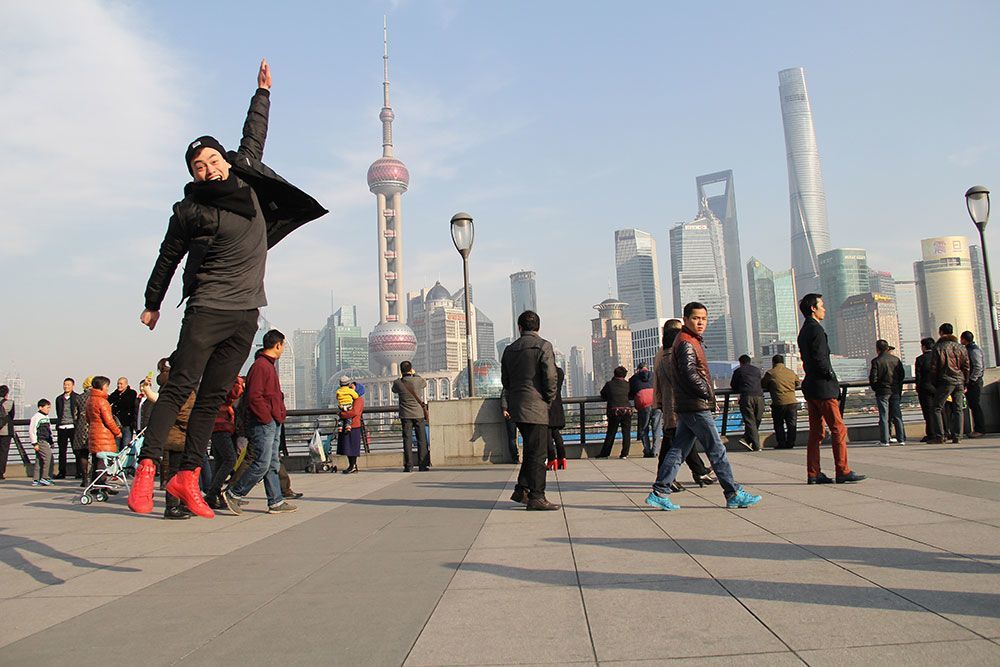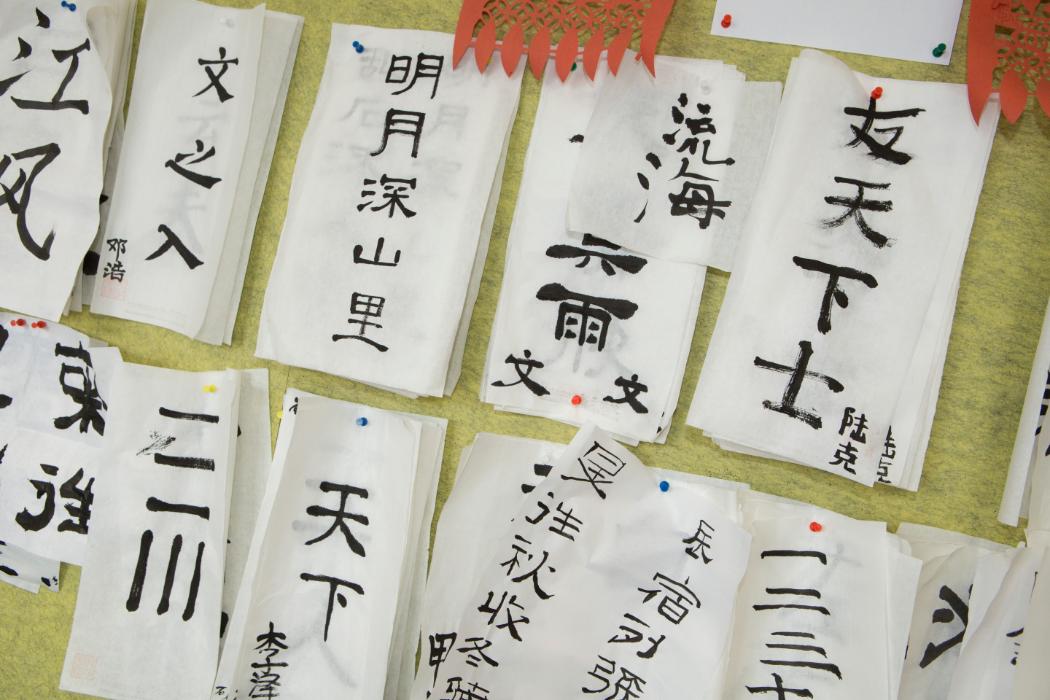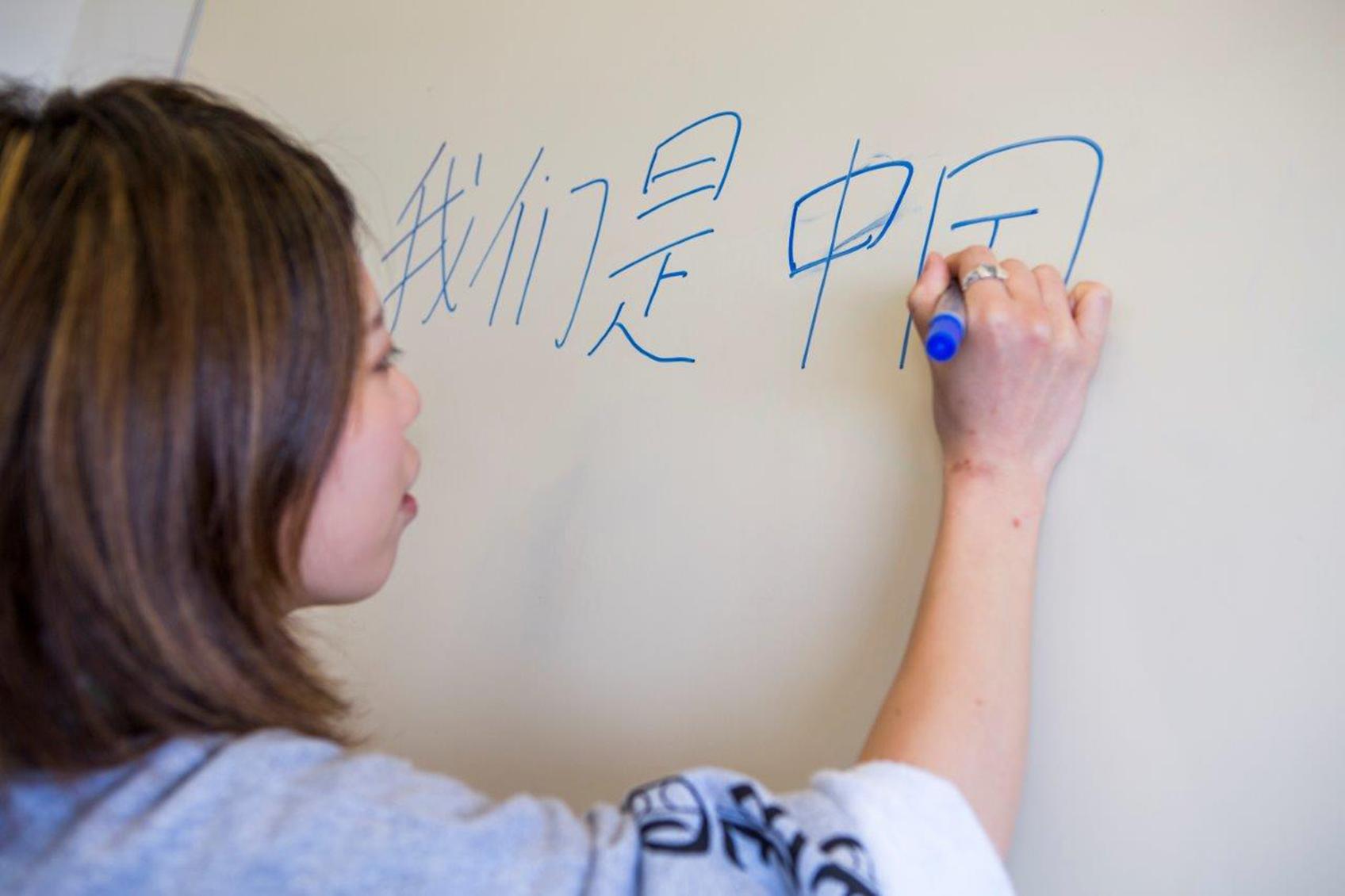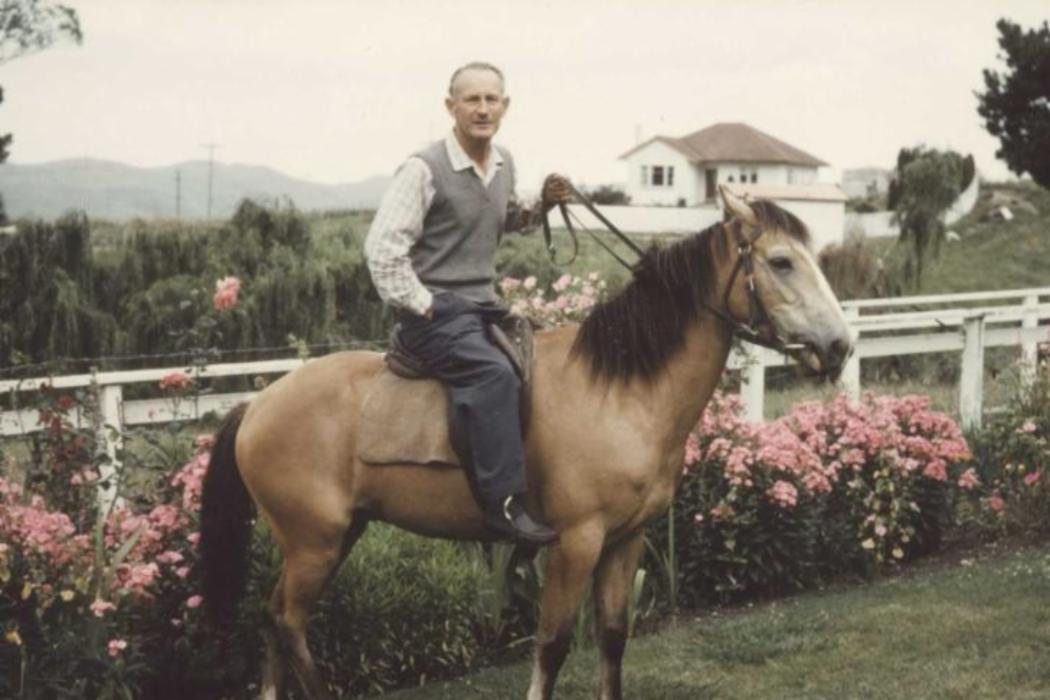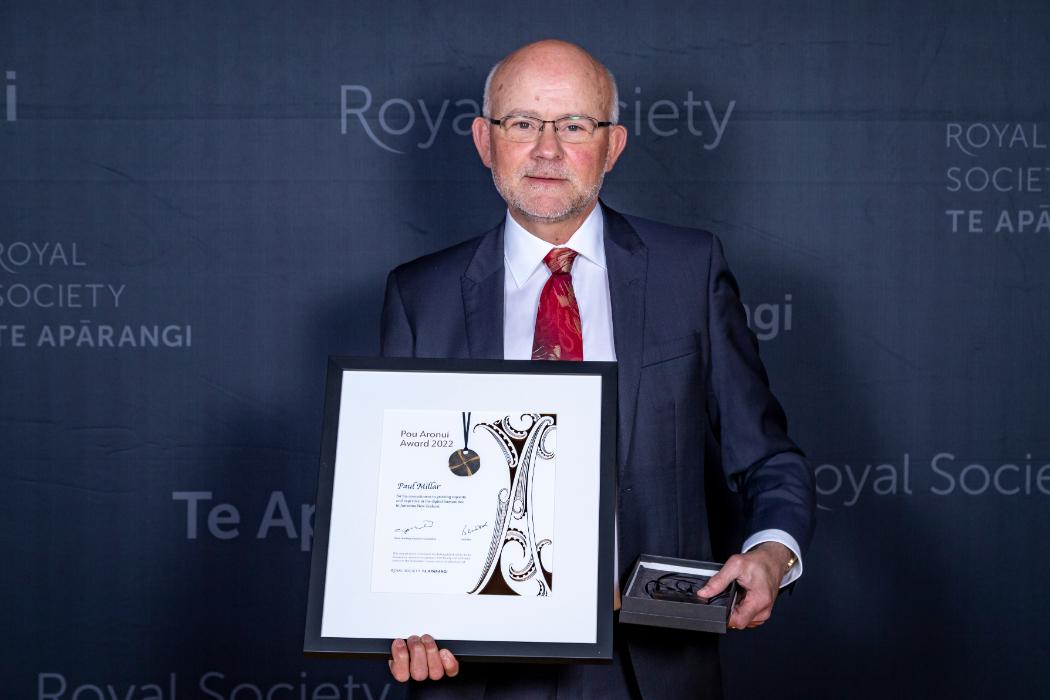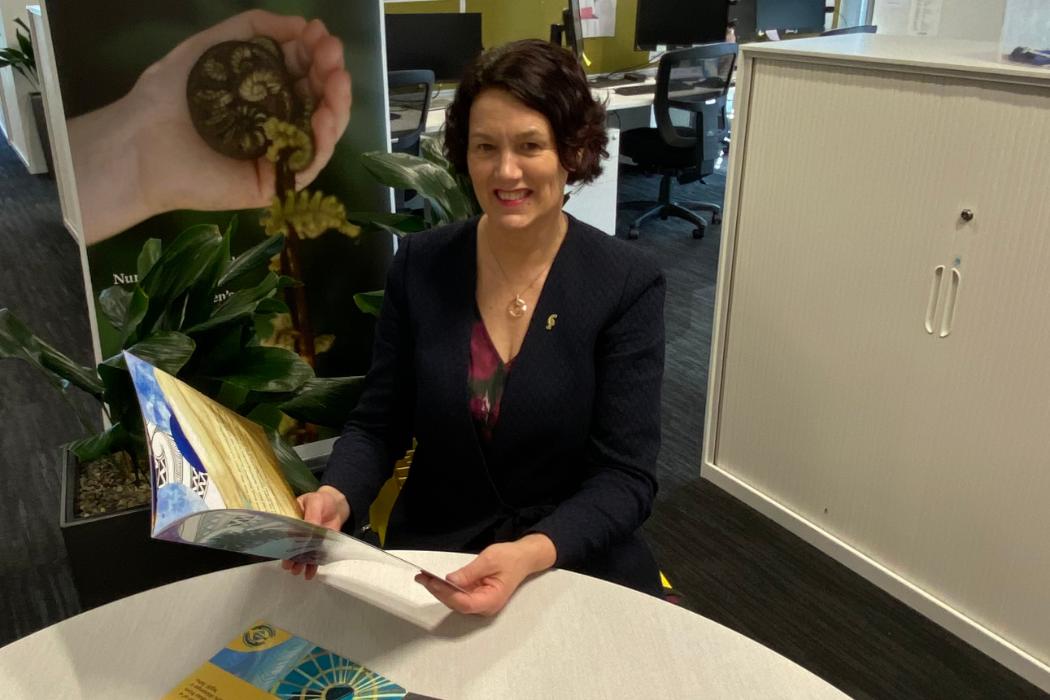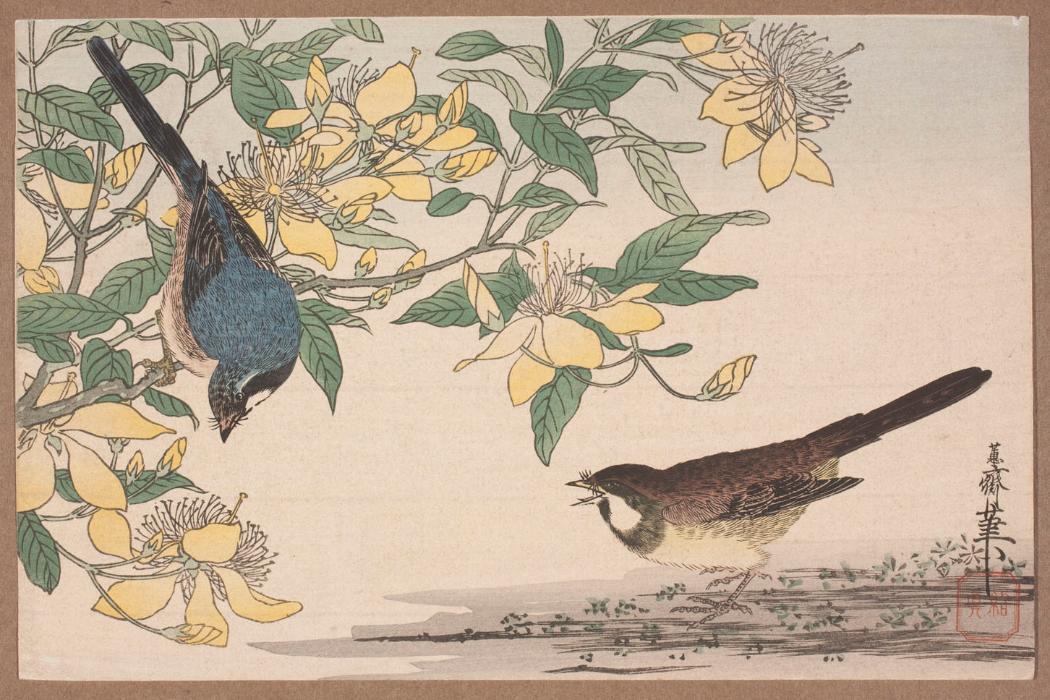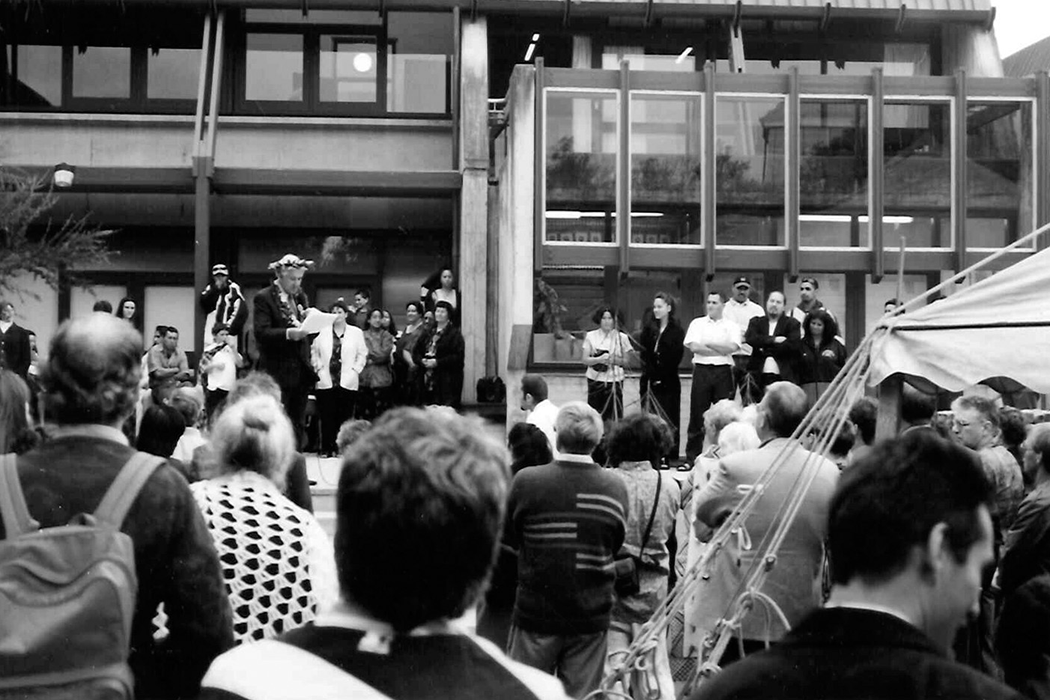The Confucius Institute was officially launched by the Chinese Vice-Premier, Li Keqiang, on 1 November 2009, the second Confucius Institute to be established in New Zealand and the first in the South Island. As Vice-Premier Li Keqiang noted, it is another achievement in the cultural and educational exchange between China and New Zealand.
Menu
Study
Ako
Life
Te Ao o UC
Privacy Preferences
By clicking "Accept All Cookies", you agree to the storing of cookies on your device to enhance site navigation, analyse site usage, and assist in our marketing efforts.
General enquiries
0800 827 748 (within NZ)
+64 3 369 3999
Emergency contact details
Ext: 92111 (from a campus landline)
Direct dial: 0800 823 637
University of Canterbury | A Fair Trade University


